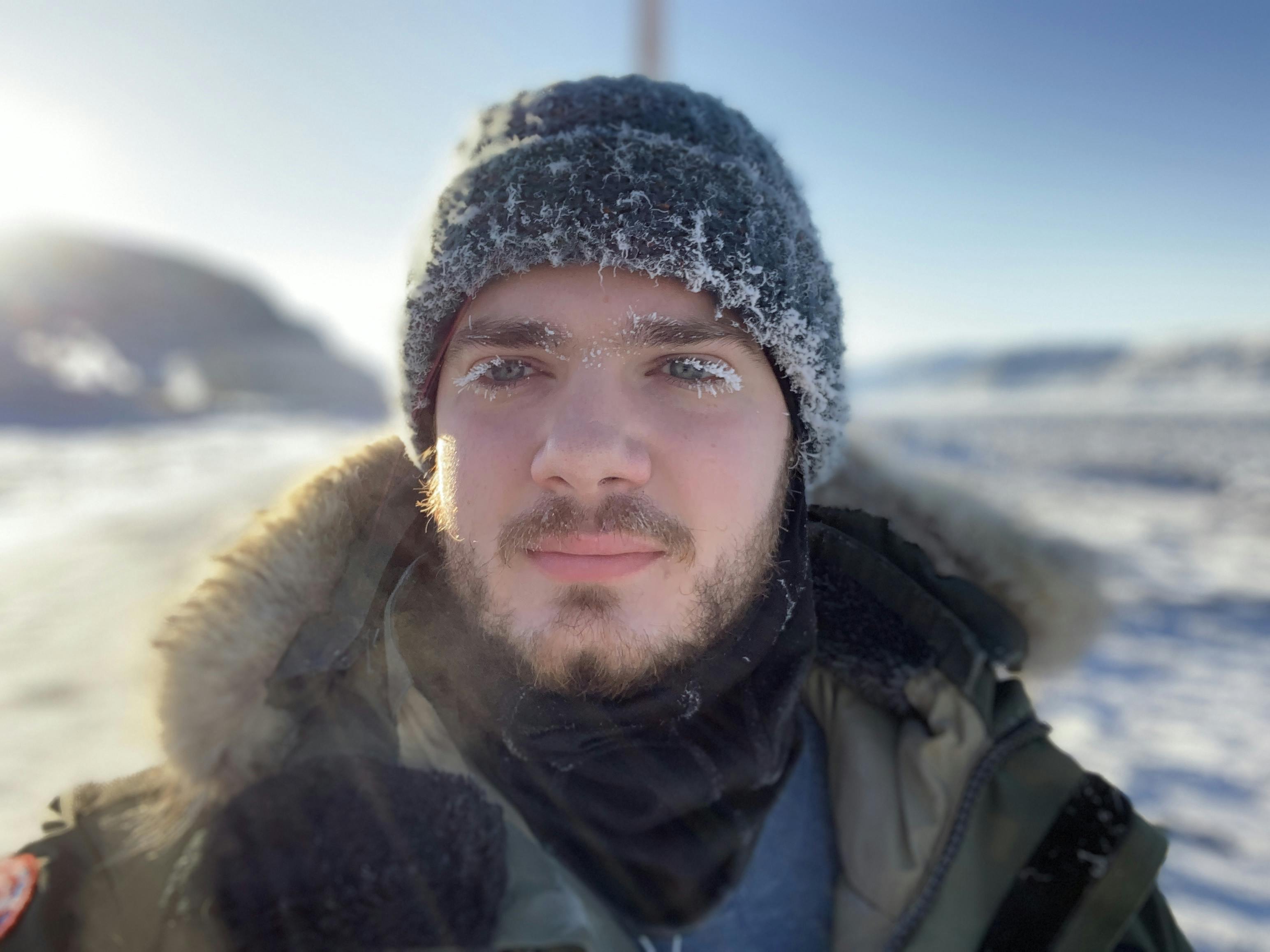
Adrián Pérez Ara
Reimagining Service, Systems and Support
For Adrián Pérez Ara, the impact of UWC began before he even arrived at UWC Atlantic in 2009. In Venezuela, the national committee’s selection process introduced him to UWC values through action. “Our selection process prides itself on being transformative and meaningful, even to those who are not ultimately selected,” he reflects. “We ask applicants to design and implement a social impact project, and it's often the first time they see themselves as agents of change.”
At UWC Atlantic, Adrián underwent a personal transformation. “Before AC, I didn’t question things. Being there helped me become more open, critical and reflective,” While service and intercultural dialogue played an important role in Adrián’s UWC experience, one class in particular proved to be essential in shaping his trajectory: Peace and Conflict Studies, taught by Lodewijk van Oord (most recently the former Head of College at UWC Maastricht). “At first, I thought I was captivated by the politics,” he says. “But at university, I realised what had fascinated me wasn’t that - it was actually the psychology of conflict. I cared about understanding people, communities, and what drives us.”

He shifted his academic path, ultimately earning a psychology degree and working with those who struggle with substance use, as well as with the 2SLGBTQ+ community. Seeking a new challenge, Adrián moved to Iqaluit, an Inuit community in Arctic Canada. There, he continued his mental health work, focused on addictions, advocacy, and systemic barriers to care.
That experience deepened his understanding of structural inequality. “I loved helping individuals, but I kept running into the same issue. What brings people to crisis is often systemic. If we don’t change the system, the problems will only continue to grow.” Today, Adrián is based in Berlin, completing a master’s in Social Work and Human Rights, improving his advocacy skills, and learning about methods to enact systemic change.
Despite spending years abroad, the desire to give back to his home country never left his heart. In 2020, Venezuela’s UWC national committee put out an urgent call: the pandemic, political instability and limited resources had pushed the team to its limits and threatened the ability of the committee to continue functioning. Adrián stepped up. “We reimagined the entire selection process, made it fully virtual, safeguarded and sustainable,” he says. “It was such a magical and fun experience, dozens of volunteers showed up every Saturday morning to build this together.”

He helped introduce a rotating leadership model to keep the national committee sustainable and to promote a growing team of connected alumni. “It was the best unpaid work I’ve ever done,” he laughs. “And it finally gave me a way to give back to my country, even from abroad.”
Now, Adrián is part of a growing movement of UWC alumni who are using their skills and expertise to strengthen their national committees. Drawing on his background in mental health, he supports the Venezuelan national committee with mentorship, advocacy, training, and student support throughout the selection process and beyond. “UWC shaped who I am, and now I can help shape the experience for others.” He encourages fellow alumni to consider how their own professional paths - whether in education, health, technology, law or beyond - can meaningfully contribute to their national committees.
Service remains central to Adrián’s life, a value that was ingrained in him during his time at UWC Atlantic. “After AC, I can’t imagine being in a profession that doesn’t create some positive impact,” he reflects. “Service was embedded into our routine. It made me reflect deeply on my privilege and helped me see the humanity in others more clearly.” Today, he continues to apply that lesson: developing systems that empower vulnerable communities, wherever he is in the world.
“Impact doesn’t require being physically present,” Adrián says. “With creativity, care and commitment, you can serve from anywhere.”